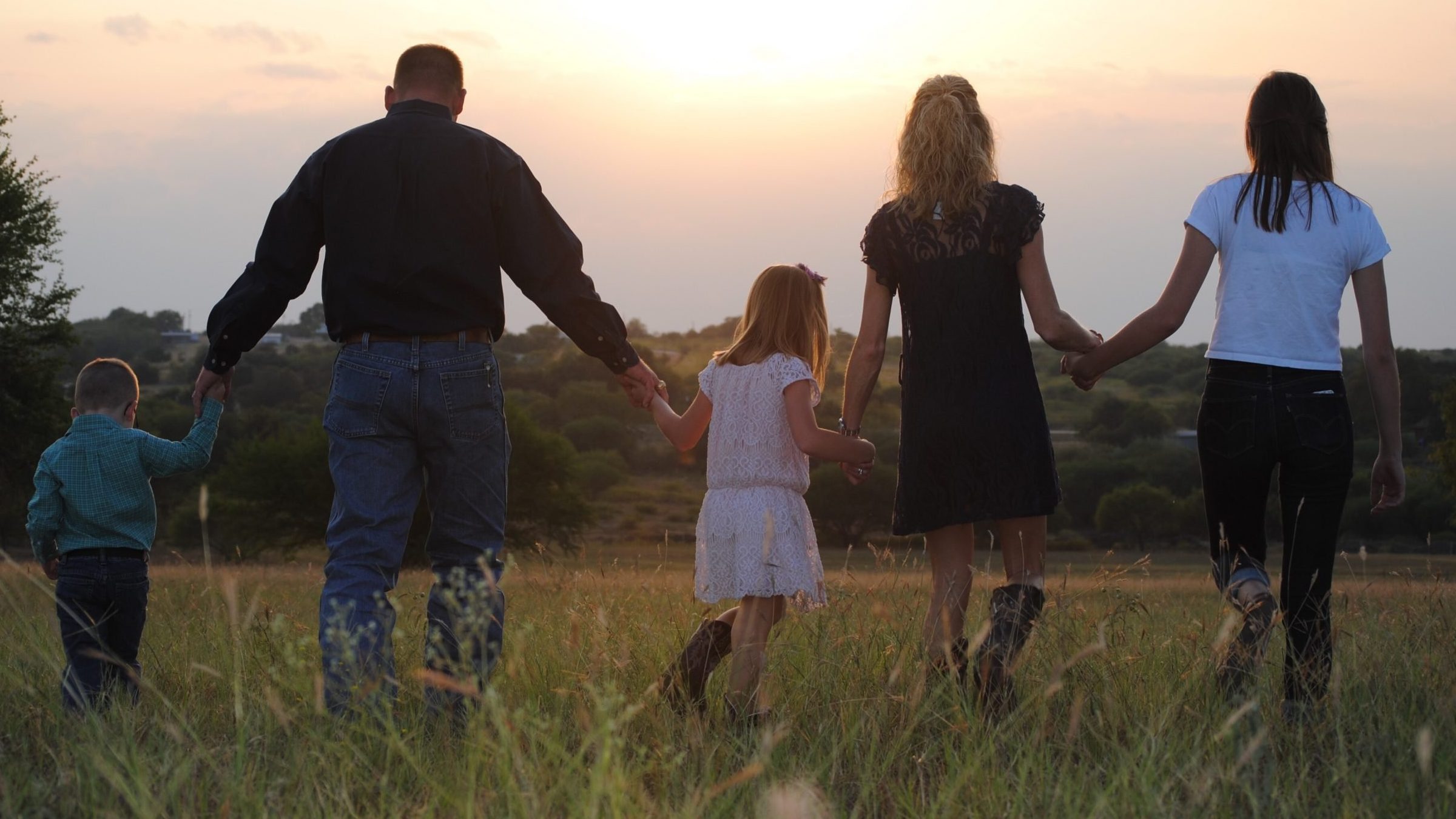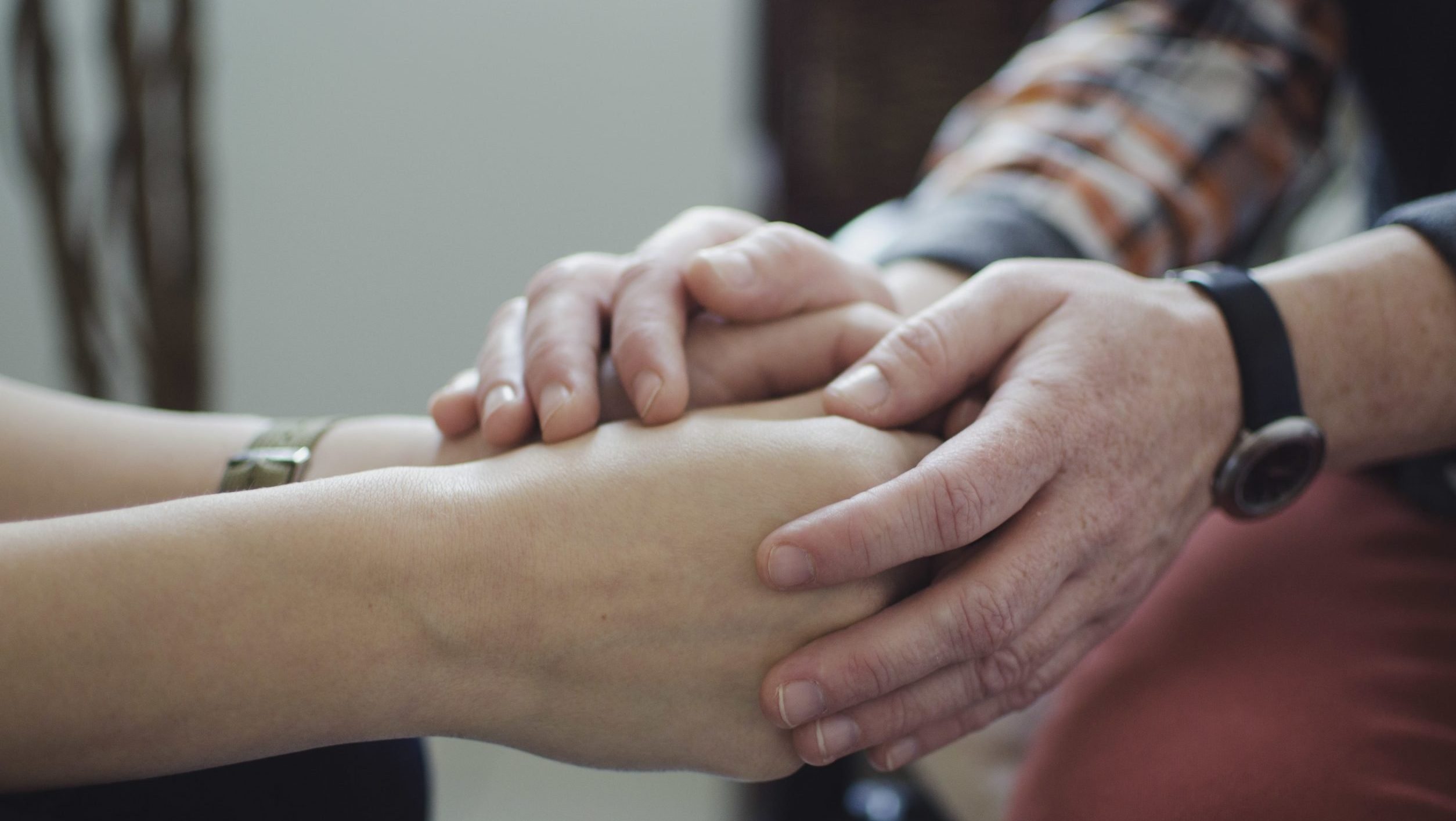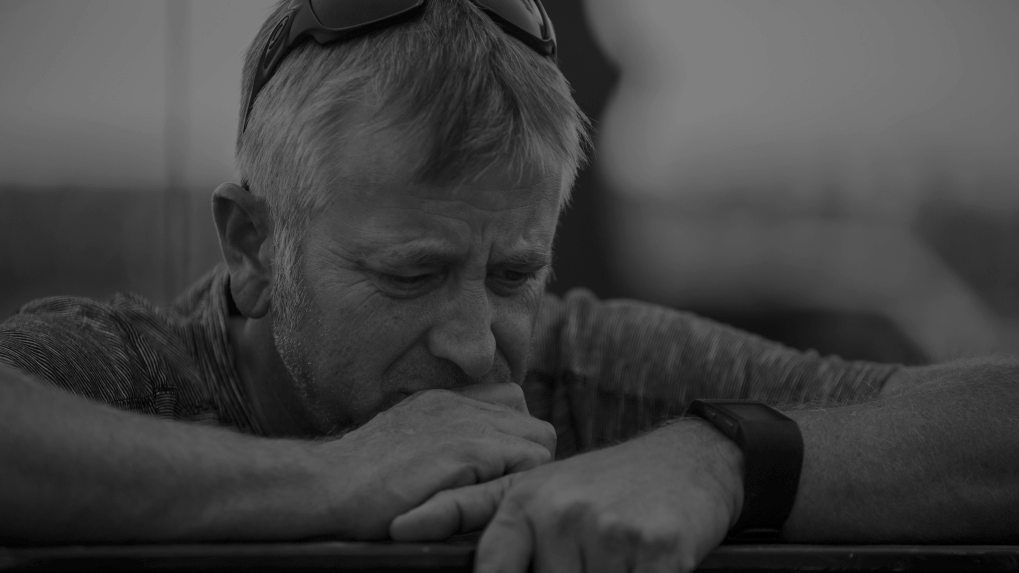Farmers are under stress, and we need to talk about it.
Over 50% percent of growers surveyed recently by Farm Futures said that 2019 has been the most difficult year they’ve ever faced as farmers, and we’ve heard many growers say that ourselves in conversations over the past year. Holly Spangler, Senior Editor at Farm Progress, says that “American farmers are under as much or more stress than during the [1980s] farm crisis, exacerbated by 2019’s extreme weather patterns.”

Mental health is becoming a topic that’s okay to talk about, but we’re still not there yet, especially on the farm. The tragic truth is that farming communities are disproportionately affected by suicide. Thankfully, this problem is starting to get more visibility and support. The 2018 Farm Bill approved funding—$10 million over the next 5 years—to help increase the resources and support in this area for rural communities. Infrastructure is being developed to help people and organizations who partner with farmers become more educated around issues of rural mental health, but much of the money is to help develop access to behavioral health counseling, where individuals can meet and talk with those trained to support issues of mental health.
We're happy to see resources being devoted to supporting farmers in this way, and we hope the stigma of talking about this topic continues to diminish. Whether it means talking to counselors, each other, or a broader cultural conversation, the more open talk about mental health, the better.
Rural mental health: stories
People in the world of agriculture have been discussing stress, depression, anxiety, and grief on the farm more. Here are some of the best things we’ve seen.
"2019 weighs on physical, mental health." (Farm Progress) A young farmer talks openly about her mental health struggles this year in this Farm Progress article. When she finally decided to make an appointment (in true farmer fashion she waited until a rainy day), she found out she was the fifth farmer the doctor had seen that week. She learned that opening up was totally worth it—not just for her mental health but also for closer relationships with those who love her. She also shares six tips from what she’s learned this year.
"Rural America is having a mental health crisis. This farmer is fighting it." (Vice News) Wisconsin farmer Jeff Ditzenberger once wanted to take his own life, and he now works to support others who might be struggling. In this video report, he shares that one of the reasons he attempted suicide is because he found it challenging to find someone to talk to. He tried getting counseling, but it always seemed like more hassle (and waiting) than he felt he could take. Ditzenberger started an informal support group in 2015 for farmers and other rural people to get together and talk. The great advice he gives at the end of this video could only come from someone who has been there: you’re not alone, it’s okay not to be okay, it’s okay to tell people you’re not okay, and be there for others who are struggling.
"I work with suicidal farmers. It's becoming too much to bear." (The New Republic) Mike Rosmann is one of the nation’s few rural mental health experts. A fourth-generation farmer himself, he’s worked for many decades to normalize getting help with mental health. In this article he shares vulnerably about the stresses that 2019 has put him under as his workload has increased, modeling exactly what he teaches his clients to do: talk about how they’re feeling.

"All the land between happy and sad." (Farm Progress) Ted Mathews is another rural mental health expert, a counselor in Hutchinson, Minnesota, who has worked for many years to support farmers. In this article he shares what he’s been seeing along with some very practical advice for those struggling or whose loved ones might be. He’s a wise and seasoned pro who understands nuances like how hard it is for someone who’s struggling to reach out for help and how important it is that people who want to help farmers understand farming. His website is also a wealth of great information, stories, and support.
"The Surprising Reality of Depression and Suicide Among Farmers." (HuffPost) This emotional video shares the story of a Minneosta woman whose farmer husband died by suicide in 2006. The report also highlights the work of Ted Mathews and the establishment of the MN Farm and Rural Healthline. Barbara says in the video, “After I met Ted, all I could think was, 'Holy crap, I wish [her husband] could have met you. We can’t clone Ted, but we’re gonna have to try to figure out a way to get the farmers to talk to somebody.'"
Individuals have been more openly sharing their personal experiences online. Earlier in 2019, two farmers made homemade videos and uploaded them to social media, talking about their problems and stress. In February, a Wisconsin dairy farmer shared a video about her farm's financial struggles: “I dont know what the answer is, and it makes you feel dumb sometimes, like why do I keep doing this when it costs more to feed the cows than you’re making?” She explains how much farming is a part of her: “For me, I do it because I love it and it’s all I’ve ever known." Just a few months later, another dairy farmer in Minnesota made a more emotional video, sharing the unhelpful advice given to his mom to “find another job" and addressing the suicide epidemic—"People are losing their lives because they’re working for nothing."
Resources
- Click here for the Rural health information hub.
- View the Farm aid hotline. 800-FARM-AID (327-6243) | Available Monday-Friday, 9 a.m. - 5 p.m. ET
- Access the National Suicide Prevention Lifeline. 800-273-TALK (8255) | Available 24/7
- Contact 2-1-1, a comprehensive hotline that connects callers with local resources.
- Check out Rural MN mental health support.
We can choose to talk about mental health

Pat Christie, a founder of Conservis, is fond of saying, “At the end of the day, you have to control what you can control.” He’s usually talking about your farm business, but it’s true in general. No occupation has as much uncertainty as farming, but we can control choices such as whether we talk about how we’re feeling, or asking others how they’re doing.
After a farmer in his church committed suicide, 71-year-old Dale Meyer started holding monthly support meetings for farmers in his church basement in Loganville, Wisconsin. A retired law enforcement officer, Meyer says his goal is to “give them some hope if we can.” He's getting a good response.
As you read about this topic, maybe you can see someone you know or love. Spangler put it well when she wrote this in a recent article: “As you read and learn more, ask yourself if you can see a loved one or a neighbor who may be suffering. Reach out. Check in. Take a meal. Pray. Help lighten their load.” Or maybe you can see yourself. “Tears aren’t the worst thing that can happen,” she wrote, “and neither is asking for help.”
The more honest and open we are about how we’re doing, the better. Whether we're asking about others or opening up about our own feelings, we can choose to talk about it.
"Agriculture is a life's mission"
Recently the Wall Street Journal talked with a group of farmers about the hardships of the last few years. After hearing many smart observations and sharing from the six growers, the reporter asked, “After all this, would you recommend farming as a profession to young people?”
The group’s energy shifted, and the oldest farmer spoke up. “Agriculture to me, as a fourth-generation farmer with two sons interested in farming, is a life’s mission,” he said. “It’s why you know you were put here on this earth: this is what I’m gonna do, I’m gonna produce food.”
We're in awe of farmers every day. We see the undying passion for this crucial industry. We see everything that's managed and the long days that go into that. Working alongside growers is what most of us here at Conservis enjoy best about our jobs.
Farmers, please take care of yourselves. You are extremely important and you are not alone.

